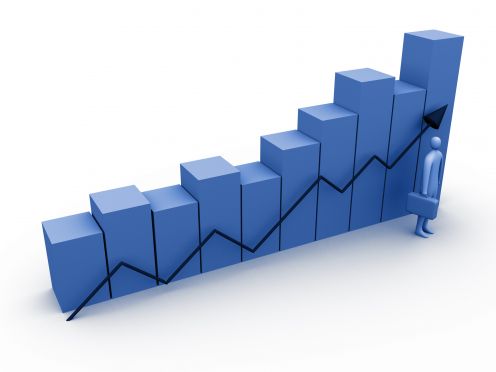If one region can produce a commodity with less expense than another, and they exchange, then both should benefit. In a nutshell, this is the law of comparative advantage. It is used as the justification for WTO trade regulations.
Some land grows corn better than other land. This economical insight into farming in early 18th Century was the cornerstone of the law of absolute advantage. Some farmland will yield more corn per acre than another, therefore the good land confers an absolute advantage over other regions. The conclusion drawn from this argument is that the farmer of the poor land should change products that it can produce to its absolute advantage, such as grazing sheep.… Read the rest

